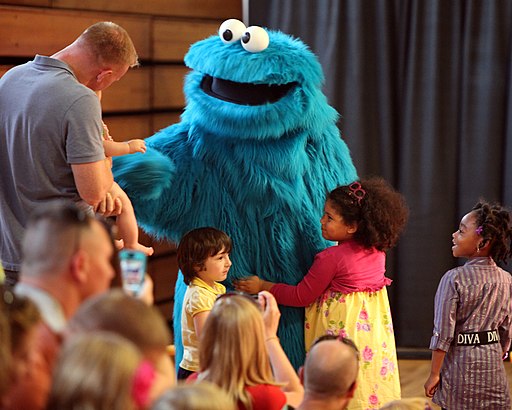Television has a huge influence over children; with most kids mimicking the behaviors they see on screen – whether it be loving or violent. U.S. preschoolers watch an average of four hours of TV everyday and researchers believe that instead of trying to limit the amount of television they watch, it is best to encourage shows that promote positive behavior.
The study, published in Pediatrics, identified that there are ways that TV watching can impact children’s behavior in a positive way.
According to the abstract:
“Although previous studies have revealed that preschool-aged children imitate both aggression and pro-social behaviors on screen, there have been few population-based studies designed to reduce aggression in preschool-aged children by modifying what they watch.”
By modifying what children watch on TV and reducing exposure to screen violence and increasing exposure to pro-social programming, the researchers identified a positive change in behavior among preschoolers.
The lead author of the study, Dimitri Christakis, said: “We’ve known for decades that kids imitate what they see on TV. They imitate good behaviors and they imitate bad behaviors.”
A total of 820 families with kids aged 3 to 5 were included in the study.
They developed a media diet intervention that assisted half of these families in replacing aggression-laden programming with good quality educational and pro-social programming. Shows such as “Dora the Explorer” and “Sesame Street” were part of a recommended program guide given to parents – these are shows that encourage diversity and teach important life lessons.
The rest of the families were part of the control group which did not include any form of intervention.
The families were followed up regularly to evaluate any changes in viewing and behavioral habits. In comparison to the controls, the children who were part of the media diet intervention group spent considerably less time watching violent shows after 6 and 12 months than they did at the start of the study.
Changes in behavior among the children were derived from the Social Competence and Behavior Evaluation. At 6 months the score was 2.11 points higher in the intervention group than the controls, demonstrating less aggression and an overall increase in pro-social behavior. This indicates that the intervention was successful at positively impacting behavior among children.
In 2007, researchers explained at the British Psychological Society’s Developmental Section Annual Conference that kids learn from television if pictures are accompanied by language in the same way as in real life.
However, it is crucial that parents fully understand the potential physical health risks associated with children watching an excessive amount of TV. Findings published in the International Journal of Behavioral Nutrition and Physical Activity identified that the more hours children watch TV, the more their physical fitness decreases.
Written by Joseph Nordqvist
